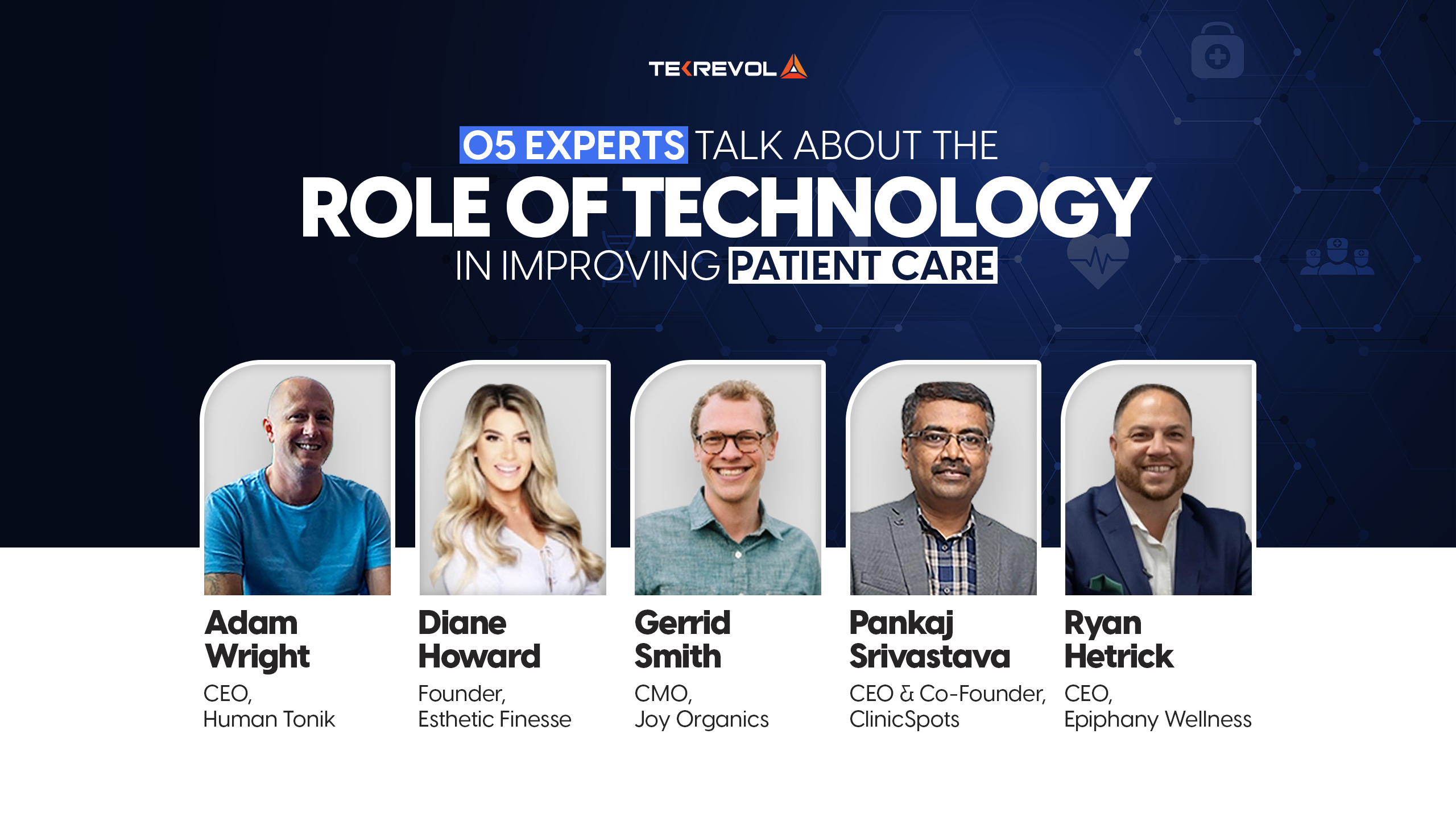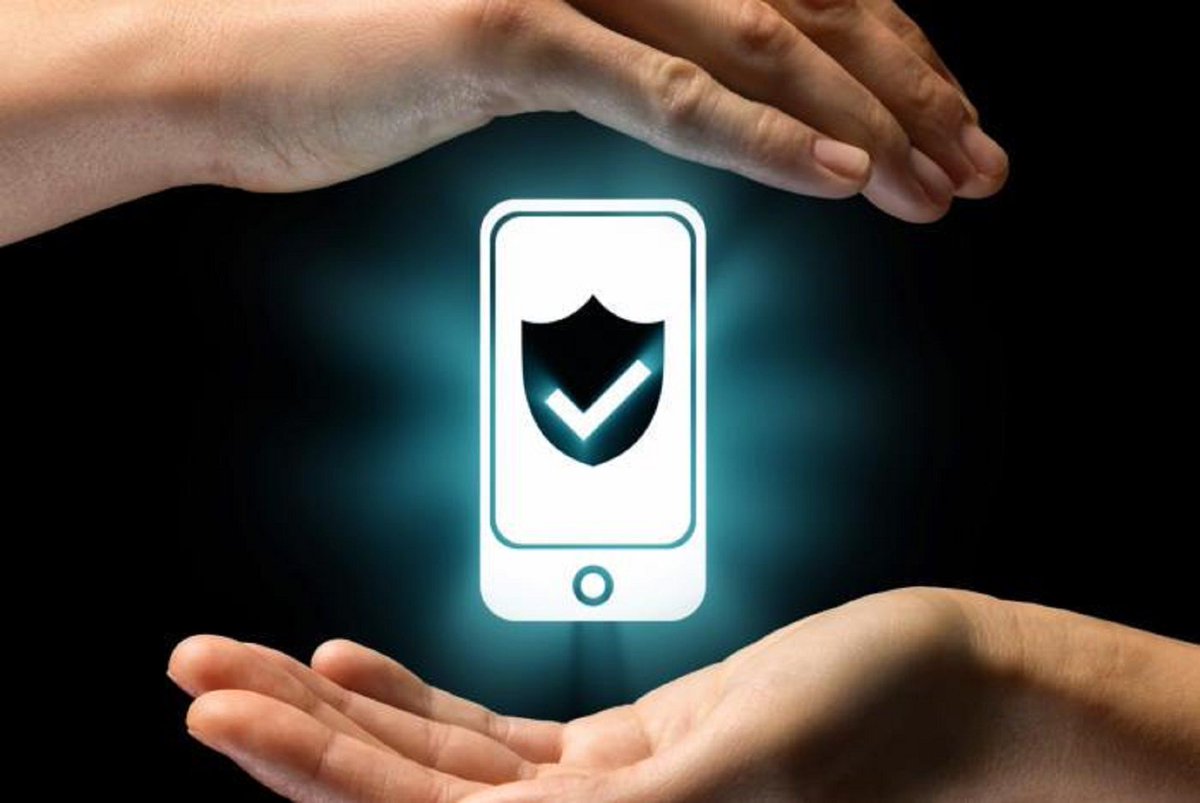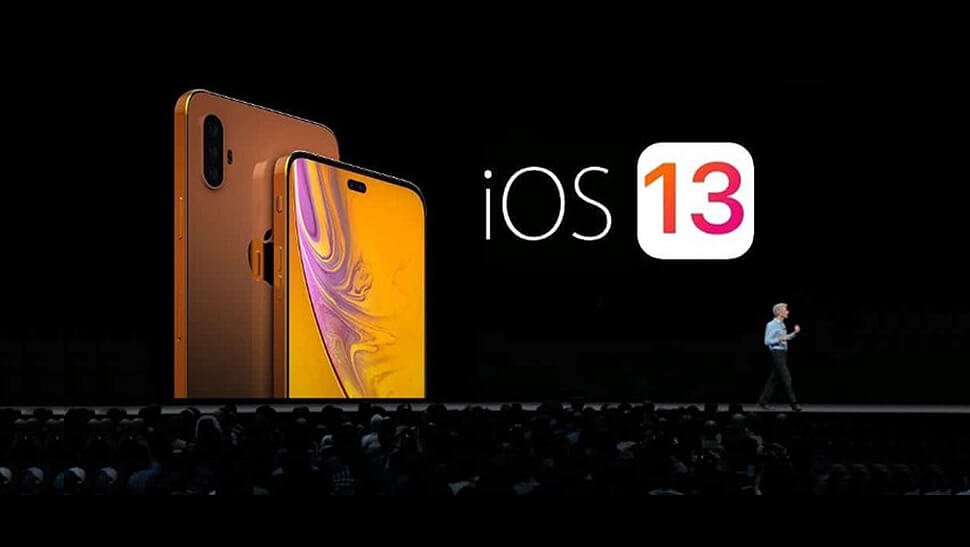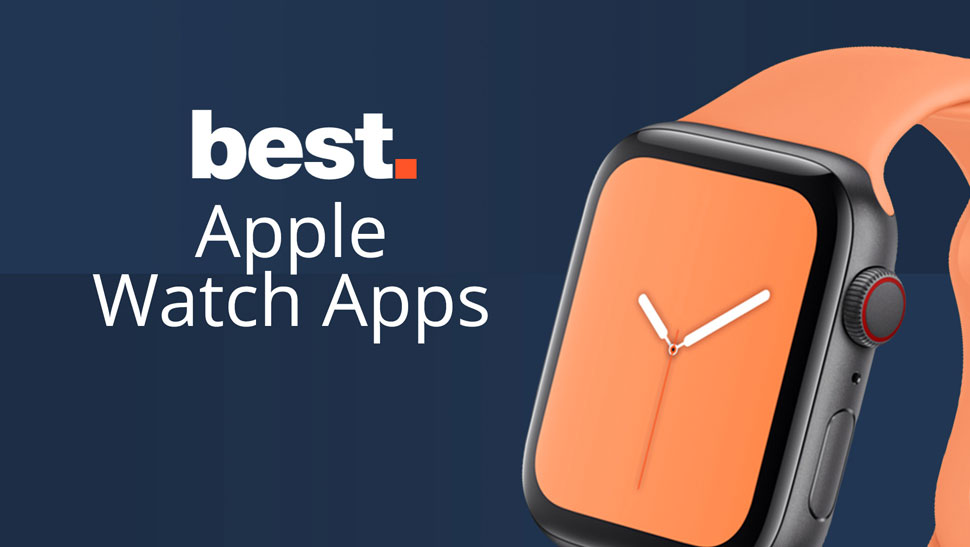To better understand the impact of technology on patient care, we reached out to founders, CEOs, and other industry professionals for their insights. From EMR enhancing collaboration to streamlining healthcare workflow, discover the top eight roles technology plays in improving patient care, as shared by these experts.
EMR Enhances Collaboration
Technology plays a crucial role in improving patient care, especially in the aesthetic industry. Electronic Medical Record (EMR) systems allow for easy tracking and recording of medical history, ensuring a more accurate and comprehensive patient service. EMRs also provide an efficient way of sharing medical information between healthcare professionals, promoting collaboration and communication for better patient care.
Diane Howard, Founder, Esthetic Finesse
Remote Monitoring Systems
We all know how technological advancements have improved the treatment of persistent diseases like diabetes and hypertension. Remote monitoring systems enable patients to track their symptoms and vital signs from the comfort of their own homes, potentially preventing problems and reducing hospitalizations. Data from these technologies can also be used by healthcare providers to change treatment plans, improving patient outcomes, and lowering healthcare expenditures.
Gerrid Smith, Chief Marketing Officer, Joy Organics
Improved Provider-Patient Communication
Technology is an essential tool for improving communication between healthcare providers and patients. It allows physicians to more effectively reach out to their patients, providing them with timely reminders about upcoming appointments or tests and information about treatment options. Technologies like telemedicine enable physicians to connect with their patients virtually, expanding the reach of healthcare providers and allowing them to provide timely care.
Ryan Hetrick, CEO, Epiphany Wellness
Effective Nutrition Tracking
Integrating technology into the healthcare industry has resulted in various improvements in patient care, including advancements in nutrition. Using digital tools and applications has made it possible for healthcare providers to monitor and track their patients’ dietary habits more effectively, ensuring that they receive optimal nutrition. For instance, nutrition tracking apps such as MyFitnessPal and Lose It! enable patients to monitor their food intake and calories and set nutrition goals.
Telehealth services enable healthcare providers to offer personalized nutrition counseling to patients based on their individual dietary needs. Overall, technology has made it easier for healthcare providers to provide personalized and efficient nutritional care to patients, ensuring that they receive optimal nutrition for their health and well-being.
Adam Wright, CEO, Human Tonik
Streamlining Healthcare Workflow
Technology enables healthcare providers to better manage their workflow, streamline processes, and improve communication with patients. Using telemedicine has made it easier for people to get medical attention in remote locations or when they’re unable to visit a doctor in person.
At my company, we are using our platform of innovative technologies to help bridge the gap between physicians and patients by providing accurate and up-to-date information and easy access to quality healthcare services.
Building a “medical Quora” like platform with verified information will provide patients with genuine information at their fingertips. We believe this will ultimately result in improved patient care outcomes around the world.
By leveraging technology, healthcare providers can provide better care for their patients while also gaining valuable insights into how treatments are working. I believe that the future of healthcare is in technology.
Pankaj Srivastava, CEO and Co-founder, ClinicSpots
Conclusion
In conclusion, the experts we interviewed emphasized the significant role tech-driven healthcare solutions play in improving patient care. Electronic Medical Record (EMR) systems enhance collaboration among healthcare professionals by allowing for easy tracking and sharing of medical information. Remote monitoring systems enable patients to monitor their symptoms and vital signs from home, leading to better prevention and reduced hospitalizations.
Technology also improves provider-patient communication through tools like telemedicine, expanding access to timely care. Additionally, technology has revolutionized nutrition tracking, allowing healthcare providers to monitor and personalize dietary habits effectively. Streamlining healthcare workflow through telemedicine and innovative platforms bridges the gap between physicians and patients, providing easy access to quality healthcare services and verified information. Overall, the experts believe that technology is the future of healthcare, enabling better patient care outcomes worldwide.






![How Does Hybrid App Monetization Work For Houston [Strategies, Models & Trends]](https://d3r5yd0374231.cloudfront.net/images-tek/uploads/2026/02/Hybrid-App-Monetization.jpg)




